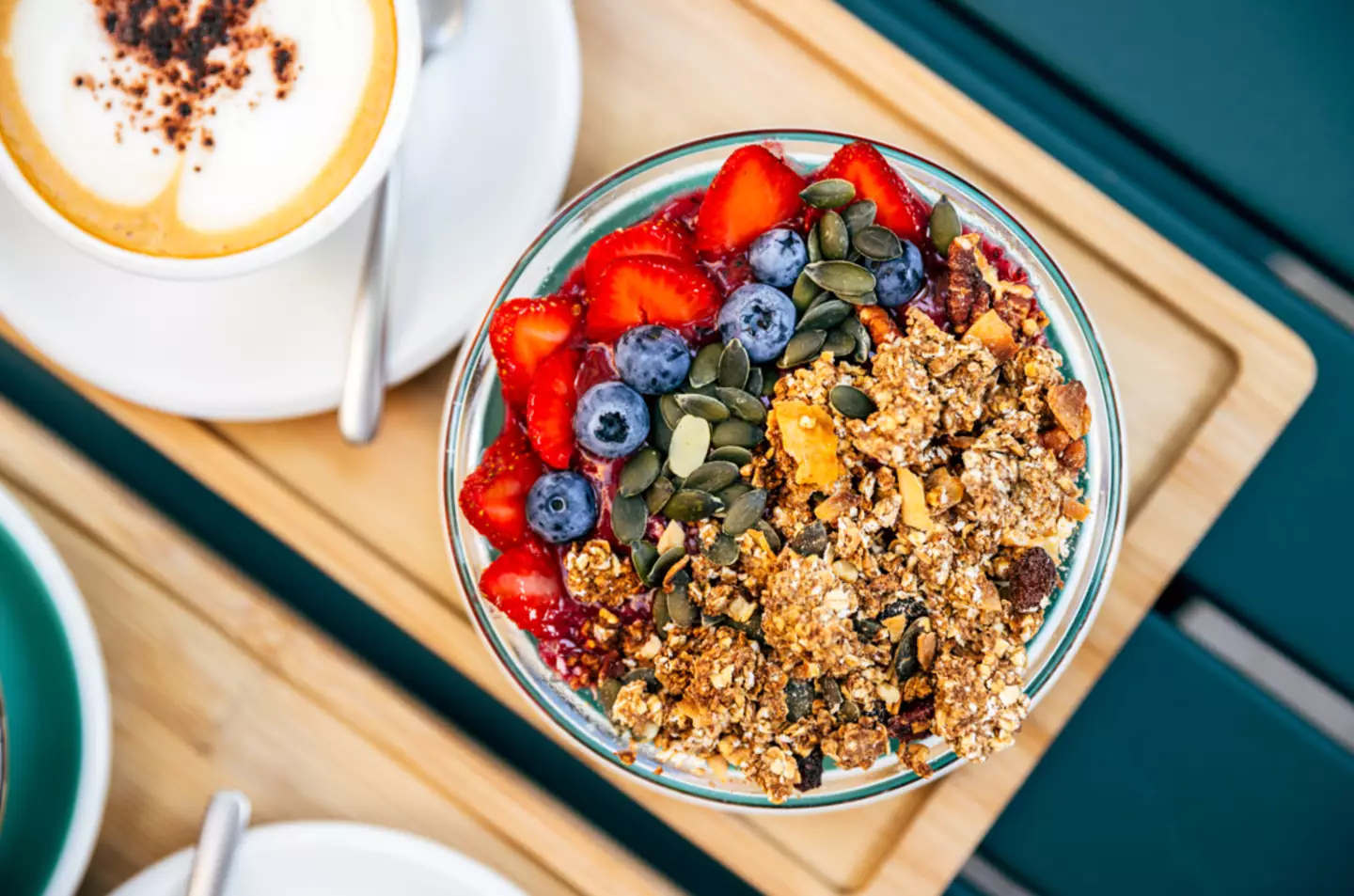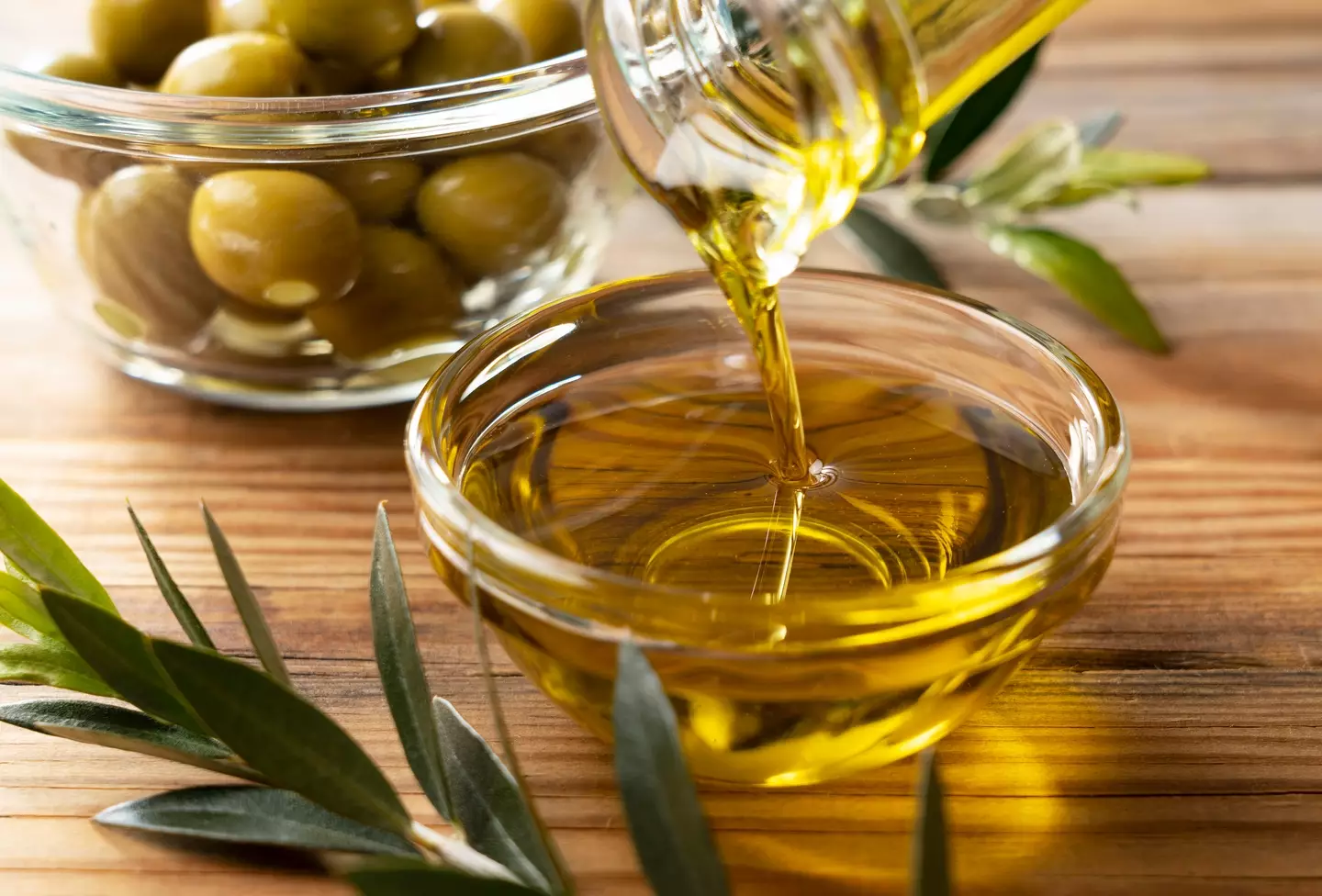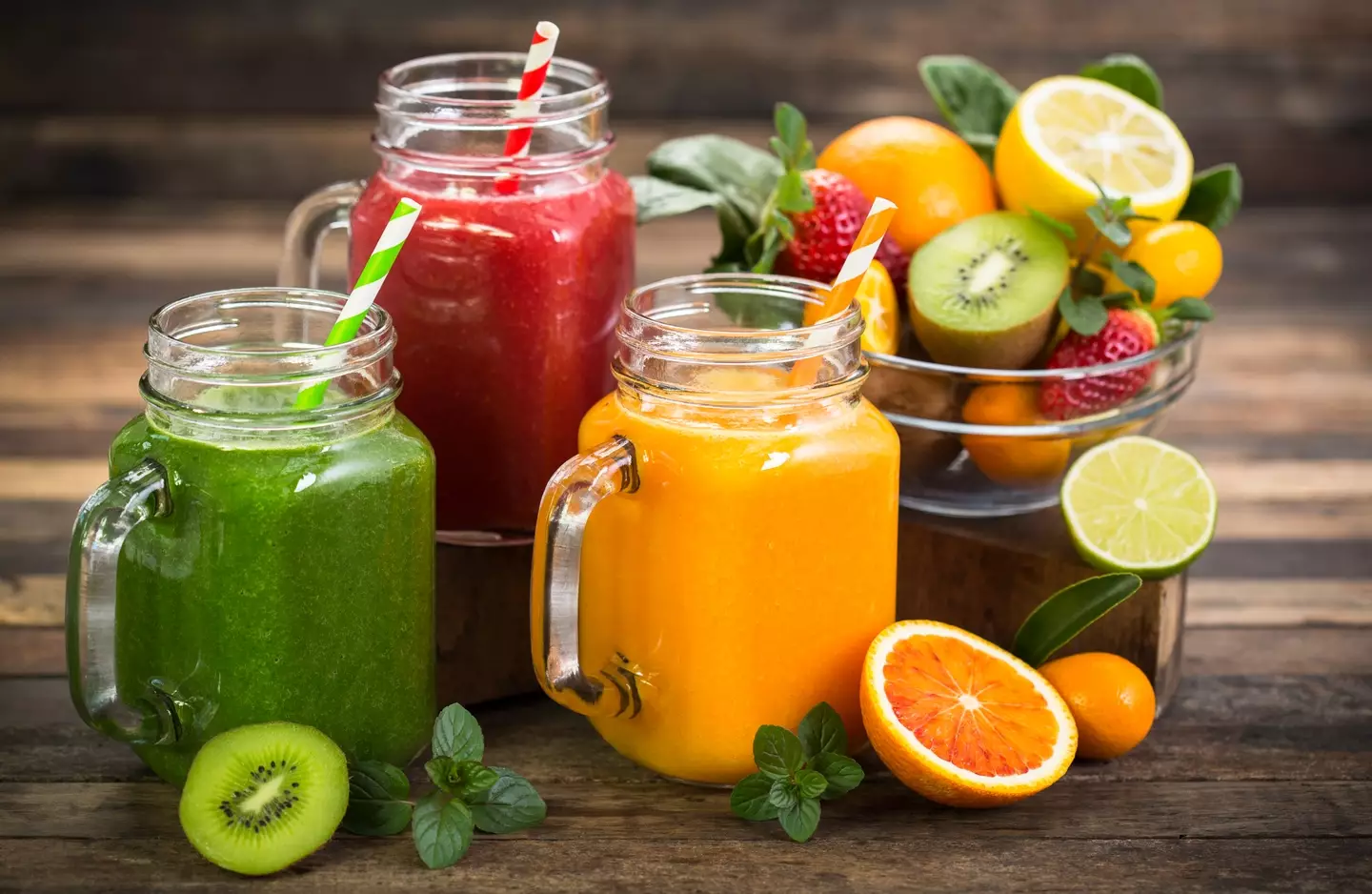
A food expert has dismissed the idea that some of these foods are 'good for you', despite them having a reputation for being 'healthy'.
You are what you eat, which is why many of us are paying closer attention to what we are eating.
But even if you are aware of the surprisingly salty and sweet meals, there are still some foods that have a great reputation and may have tricked you into thinking they are what you need to be eating regularly.
The head chef at the Olea & Bloom restaurant in Florida, Jimmy Chill, has recently spoken to the New York Post and given an insight into what is truly 'good for you'.
Advert
He said: “With years of experience as both a private and commercial chef specializing in curating nutrient-driven menus, I’ve seen firsthand how ‘health food’ marketing buzzwords can make healthy eating become confusing.”
Açaí bowls

One day no one knew what Açaí was and then it magically was everywhere.
Pretty much everyone and their mom had an Açaí bowl place they loved to go and its popularity exploded, especially since people thought it was a healthy breakfast choice.
Made up of puréed açaí berries and other frozen fruits, these aren’t actually the problem but rather what the bowl is topped up with.
Chill explained: “Once you add granola, fruit and honey, this superfood becomes a sugar bomb that will eventually make you crash.”
He recommended simply steering clear of store and café brought bowls and just make your own with 100 percent pure açaí fruit.
Processed vegetarian products and veggie chips
.jpg)
Now who doesn’t love some good veggie chips? They are brilliantly satisfying and moreish but regardless of being plant-based, it doesn’t make them magically 'good for you'.
Chill said: “Plant-based does not always mean it’s healthy.
“Many plant-based products are made with lab-created ingredients and are highly processed.”
The chef also added that these 'offer no vegetable nutritional value' and the cooking process often means that the 'nutrients are simply lost'.
Protein shakes

Over the last couple of decades, it seems people have become more focused on getting regular exercise, which is obviously a good thing.
However, while many coaches will tell you it is important to increase your protein intake, there still seem to be some drawbacks, depending on what kind of protein shakes you consume.
Chill explained: “Usually labeled as meal replacements or weight-loss options, protein shakes contain a mixture of highly concentrated ingredients such as soy protein or isolated milk protein to reach a high ‘serving’ of protein per plastic bottle.
“Additionally, they often contain artificial sweeteners and other additives that can hurt your gut microbiome and ultimately affect your digestion and even your mental clarity.”
Olive oil

Now this one is quite interesting. Although olive oil has some health benefits, as it contains monounsaturated fats, a rich supply of antioxidants like polyphenols and anti-inflammatory compounds, Chill revealed there is a simple issue.
He said: “While olive oil does contain heart-healthy fats, it’s all about portion control.”
The expert added ‘not all oils are created equal’ and highlighted that some have higher calorie counts than others.
Smoothies and detox juices

Another one that quickly became a popular trend, especially on social media, but has some drawbacks.
Chill went as far as to say there is 'no need' for detox juices in the first place as a healthy body will detox 'on its own'. He also pointed out that many smoothies can be 'extremely high in calories'.
He said: “As with veggie chips, blending fruits can degrade nutrients, and most store-bought options are pasteurized, which reduces the freshness.”
So everything in moderation and hopefully don’t buy into a company's marketing about the latest health 'superfood'.
Topics: News, US News, Food and Drink, Health